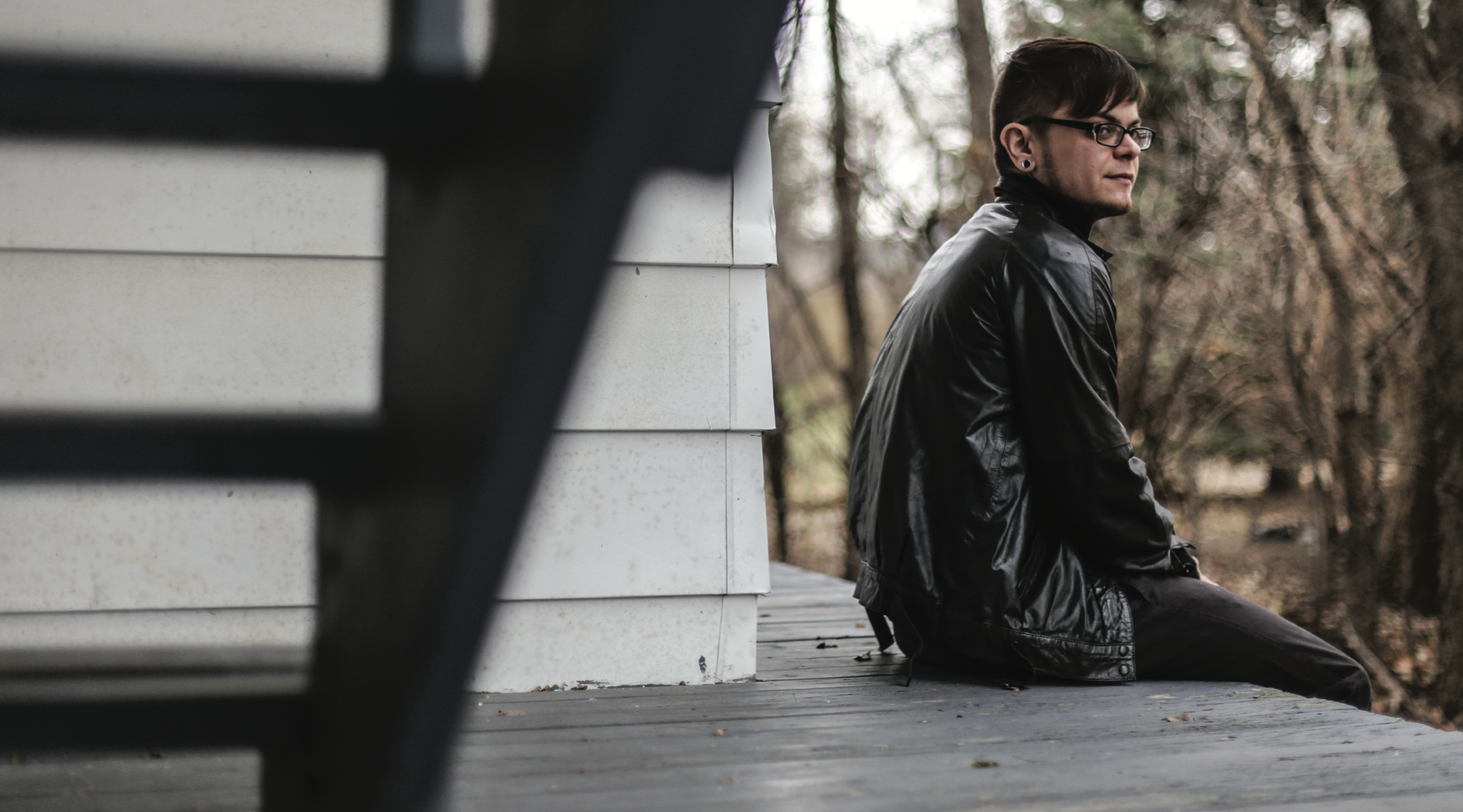Pictured: Dylan spent 10 to 12 hours locked away from other youth at age 14. Dylan’s advocacy, along with other solitary survivors, helped create legislative changes that better protect vulnerable people, including juveniles, from being subjected to solitary confinement.
Pictured: Dylan spent 10 to 12 hours locked away from other youth at age 14. Dylan’s advocacy, along with other solitary survivors, helped create legislative changes that better protect vulnerable people, including juveniles, from being subjected to solitary confinement.
A new report from the Nebraska Department of Correctional Services (NDCS) outlines our state’s progress towards limiting the use of solitary confinement, but it’s clear much more needs to be done.
First, the good news: according to NDCS’ latest annual report on what they call “restrictive housing,” the department’s use of solitary is the lowest it has been in recent history. The sizable reduction from a few years ago is thanks to the work of solitary survivors, the ACLU, and legislative champions including Senator Patty Pansing Brooks, who led the way on legislation to stop the use of solitary on vulnerable people including children.
The medical consensus is clear. Solitary confinement is deeply harmful, particularly for people with mental illnesses.
That takes us to the bad news. Although Nebraska state law says those with serious mental health issues such as Bipolar Disorder and Schizophrenia cannot be held in solitary, it is still happening. In the last year, a total of 1,800 Nebraskans were held in solitary confinement. Of that group, 564 had a serious mental illness.
NDCS rationalizes this by saying that those 564 people were “stabilized” using medication, so they no longer presented symptoms of mental illness that would make them ineligible for this form of punishment. This approach disregards both science and the law. And it’s deeply troubling when considered with a past Inspector General report that raised the issue of involuntary medication and situations “in which significant force was used at facilities to administer [drugs].”
The new report also shows time in solitary varies drastically. The average length of confinement was 27 days but the median was much shorter, meaning extreme cases for a smaller group have offset the average. In some cases, Nebraskans have been held in solitary for more than a year.
It is well documented across the globe that prolonged solitary confinement is torture. It is inhumane and greatly exacerbates mental health issues and self-harm attempts among those incarcerated. Because of this, medical researchers, elected officials, the United Nations and governments around the world have been working collectively to implement the Mandela Rules, which limit solitary to no more than 15 consecutive days. (In fact, our neighbors to the west in Colorado adopted this standard several years ago and saw immediate positive benefits!)
Despite the grim picture of ongoing solitary practices in Nebraska, there is hope on the horizon. In 2021, Senator Tony Vargas introduced a bill that would implement the Mandela Rules and another that would also help ensure best practices in protecting the human rights of those subjected to solitary. These bills could pass and become law in 2022.
The Mandela Rules can work in Nebraska. In the last year, about 75% of all instances of solitary were for 15 days or less. The challenge now is getting that number to 100%, and it’s clear NDCS won’t do that without legislative action mandating that they do so.
As for those with serious mental illness, the need for action is urgent and we have to think expansively. That starts with making sure we’re not criminalizing public health issues.
Nebraskans understand that too often our criminal legal system is tasked with solving challenges that would be better handled in our communities. In fact, a poll we commissioned last year found 80% of Nebraskans – strong majorities from across the political spectrum – believed Nebraska is wasting money locking people up who should be receiving mental health or addiction services.
Bottom line – this report is another reason why we’ll keep saying it’s past time for a smart justice approach in Nebraska. Together, we can make investments and smart policy choices that protect our shared public safety goals and human rights at the same time.
We know what works. The only thing missing is the political will and leadership from corrections.

